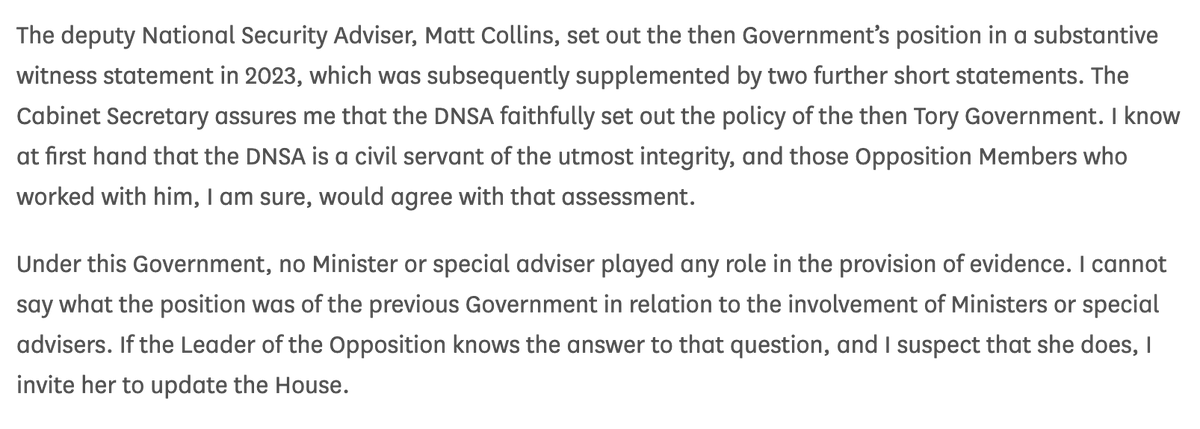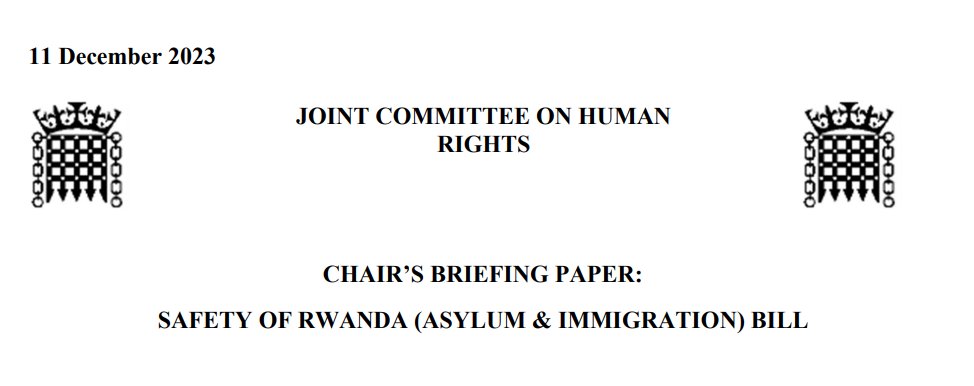By my reckoning, the Government has so far attempted in five ways to justify clauses 42 and 43 of the Internal Market Bill, which, if enacted, would allow Ministers to make regulations in breach of the Withdrawal Agreement /…
1. The powers would breach international law but only in a ‘limited and specific’ manner (Brandon Lewis, Northern Ireland Secretary) — but this is not a distinction the law draws: a breach of international law is a breach of international law /…
2. The powers are needed in case the Government needs rapidly to implement safeguards under Art 16 NI Protocol (Lord Keen, Advocate General) — but the clause 42–3 powers bear little relation to the matters with which Article 16 is concerned /…
3. The powers are needed in case the Government rapidly needs to do what Article 62 of the Vienna Convention allows (Lord Keen) — but Article 62 requires a fundamental change of circumstance and permits only withdrawal/termination, not repudiation of individual obligations /…
4. The Withdrawal Agreement is a ‘special’ form of treaty because it presupposes a Future Relationship Agreement, so it’s ok to breach the WA if no FRA materialises (various Ministers) — this is just wrong /…
5. The Internal Market Bill would amount to an ‘acceptable’ rather than an ‘unacceptable’ breach of the rule of law (Robert Buckland, Lord Chancellor) — but the law draws no distinction between these two forms of breach /…
So: five attempts to justify clauses 42–3, none of which is satisfactory as a matter of law.
Sixth time lucky? /ends
Sixth time lucky? /ends
• • •
Missing some Tweet in this thread? You can try to
force a refresh
















